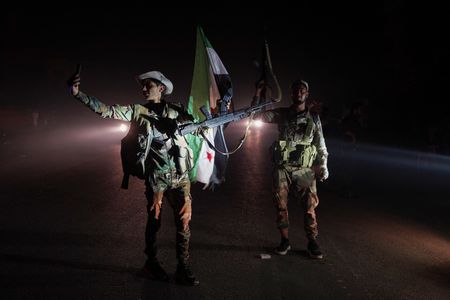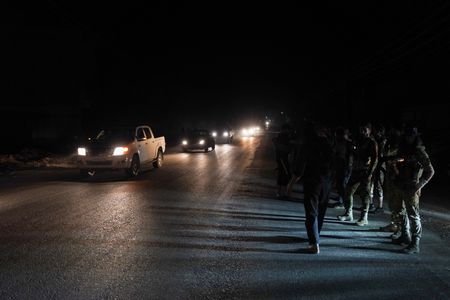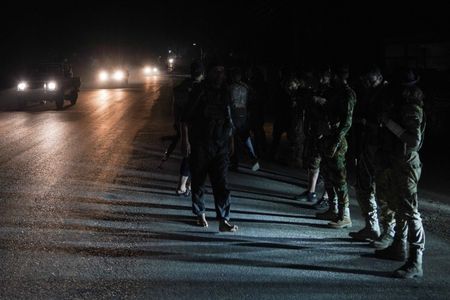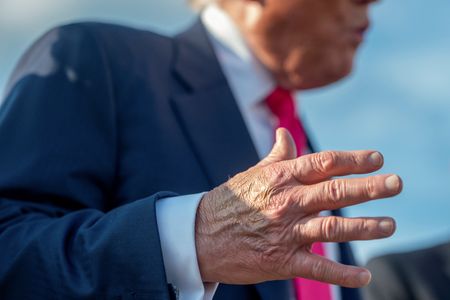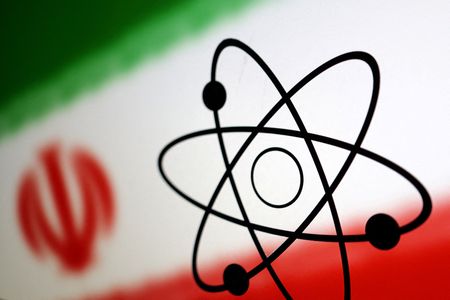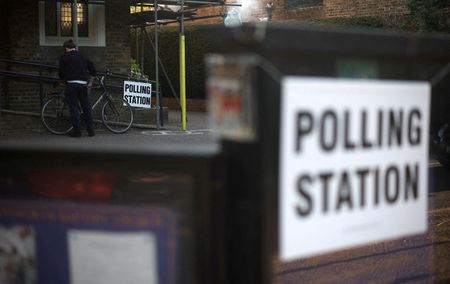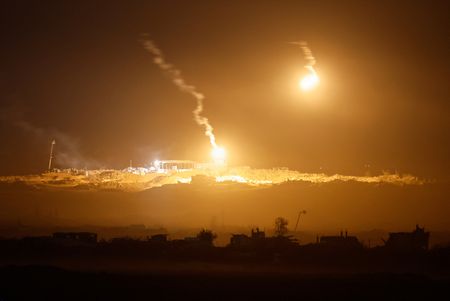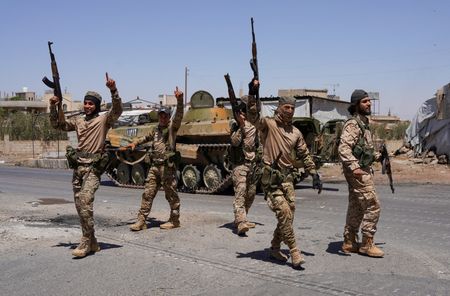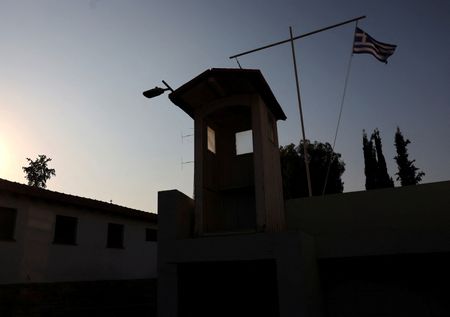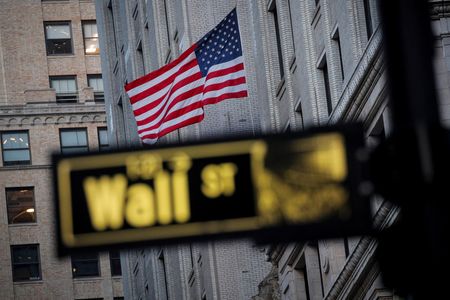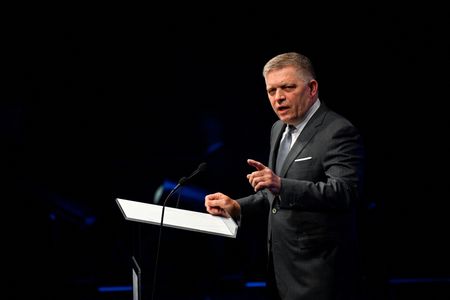By Timour Azhari and Humeyra Pamuk
DAMASCUS/WASHINGTON (Reuters) -The United States said on Thursday it did not support recent Israeli strikes on Syria and had made clear its displeasure, while Syrian leader Ahmed al-Sharaa accused Israel of trying to fracture his country and promised to protect its Druze minority.
On Wednesday, Israel launched airstrikes in Damascus, while also hitting government forces in the south, demanding they withdraw and saying that Israel aimed to protect Syrian Druze – part of a small but influential minority that also has followers in Lebanon and Israel.
The airstrikes blew up part of Syria’s defence ministry and hit near the presidential palace. On Thursday, the Syrian state news agency said Israel carried out an airstrike on the vicinity of Syria’s Sweida, where scores of people have been killed in days of conflict pitting Druze fighters against government troops and Bedouin tribes.
U.S. State Department spokesperson Tammy Bruce said the United States condemned violence in Syria and was actively engaging all constituencies there and called on the Syrian government to lead the path forward.
“Regarding Israel’s intervention and activity is the United States did not support recent Israeli strikes,” she said.
“We are engaging diplomatically with Israel and Syria at the highest levels, both to address the present crisis and reach a lasting agreement between the two sovereign states.”
Bruce declined to say whether Washington supports Israel carrying out such military operations when it deems necessary.
‘WE’VE BEEN VERY CLEAR ABOUT OUR DISPLEASURE’
“I won’t speak to future conversations or past ones. What we’re dealing with now is this particular episode, what was required, and I think we’ve been very clear about our displeasure, certainly that the President has, and we’ve worked very quickly to have it stopped,” Bruce said.
The violence has underlined the challenges interim President Sharaa faces in stabilizing Syria and exerting centralised rule, despite his warming ties with the United States and his administration’s evolving security contacts with Israel.
Turkish President Tayyip Erdogan said there had been an attempt to “sabotage the ceasefire that was achieved yesterday with the contributions of our country,” and that Israel had shown once again that it did not want peace or stability in either Gaza or Syria.
“Israel, using the Druze as an excuse, has expanded its banditry to Syria,” he told reporters.
Saudi Arabia, Jordan, the United Arab Emirates, Bahrain, Turkey, Iraq, Oman, Qatar, Kuwait, Lebanon, and Egypt issued a joint statement reaffirming support for Syria’s “security, unity, stability, and sovereignty”, and rejecting all foreign interference in its affairs.
They also welcomed the agreement reached to end the crisis in Sweida and emphasized the necessity of its implementation to protect Syria and its unity.
U.S. Secretary of State Marco Rubio said late on Wednesday the United States had engaged all parties and steps had been agreed to end a “troubling and horrifying situation”.
Overnight, government troops withdrew from Sweida. The government sent troops earlier this week to the predominantly Druze city to quell a round of fighting between the Bedouins and Druze but the violence then grew until a ceasefire was declared.
White House spokeswoman Karoline Leavitt said the de-escalation of the conflict in Syria seemed to be continuing.
“Syria agreed to draw back their troops that were in the area where that clash was ongoing and we continue to be very actively monitoring the situation,” she said.
SHARAA PRAISES U.S. MEDIATION
Addressing Syrians on Thursday, Sharaa credited U.S., Arab and Turkish mediation for saving “the region from an uncertain fate”, but accused Israel of seeking to “dismantle the unity of our people”.
He said Israel had “consistently targeted our stability and created discord among us since the fall of the former regime”.
The United Nations Security Council met on Thursday to discuss the Israeli strikes and Russia’s U.N. Ambassador Vassily Nebenzia said “external or internal players” could not be allowed to exploit a fragile situation in Syria by “fermenting ethnic and religious tension.”
Israel bombed Syria frequently under the rule of the ousted former president, Bashar al-Assad, and has struck the country repeatedly this year, describing its new leaders as barely disguised jihadists and saying it will not allow them to deploy forces in areas of southern Syria near its border.
Sharaa, commander of an al Qaeda faction before cutting ties with the group in 2016, said protecting Druze citizens and their rights was “our priority” and rejected any attempt to drag them into the hands of an “external party”.
He also vowed to hold to account those who committed violations against “our Druze people”.
The Syrian Network for Human Rights said it had documented 254 dead in four days of fighting, among them medical personnel, women and children.
The network’s head Fadel Abdulghany told Reuters the figure included cases of field executions by both sides, Syrians killed by Israeli strikes and others killed in clashes but that it would take time to break down the figures for each category.
One local journalist said he had counted more than 60 bodies in Sweida in south Syria on Thursday morning. Ryan Marouf of Suwayda24 told Reuters he had found a family of 12 people killed in one house, including women and an elderly man.
A Sweida resident, who asked to be identified only by his first name Amer for fear of reprisals, shared a video, which Reuters was not able to independently verify, of his neighbours slain in their home. It showed a lifeless man in a chair, an elderly man with a gunshot wound to his right temple on the floor and a younger man, face down in a pool of blood.
Israeli Prime Minister Benjamin Netanyahu said Israel had established a policy demanding the demilitarisation of a swathe of territory near the border, stretching from the Israeli-occupied Golan Heights to the Druze Mountain, east of Sweida.
He reiterated Israel’s policy to protect the Druze.
Syria had sent “its army south of Damascus into an area that was supposed to remain demilitarized, and it began massacring Druze. This was something we could not accept in any way”, he said, adding: “It is a ceasefire achieved through strength.”
In a worrying development, a military commander for the Bedouin said their fighters had launched a new offensive in Sweida province against Druze fighters and that the truce only there applied to government forces.
The Bedouins, Sunni Muslim farmers who have long-standing frictions with the Druze, were seeking to free detained colleagues, he told Reuters.
Amid reports of revenge attacks on Bedouin on Thursday, leading Druze Sheikh Hikmat al-Hajari called for peaceful Bedouin tribes to be respected and not harmed.
(Reporting by Timour Azhari, Suleiman al-Khalidi and Kinda Makieh in Damascus, Maya Gebeily in Beirut; Steven Scheer and Emily Rose in Jerusalem; Ahmed Elimam in Dubai; Muhammad Al Gebaly in Cairo, Michelle Nichols at the United Nations and Reuters bureaux; Writing by Tom Perry, Michael Perry and David Brunnstrom; Editing by Raju Gopalakrishnan, Ros Russell, Sharon Singleton and Diane Craft)

